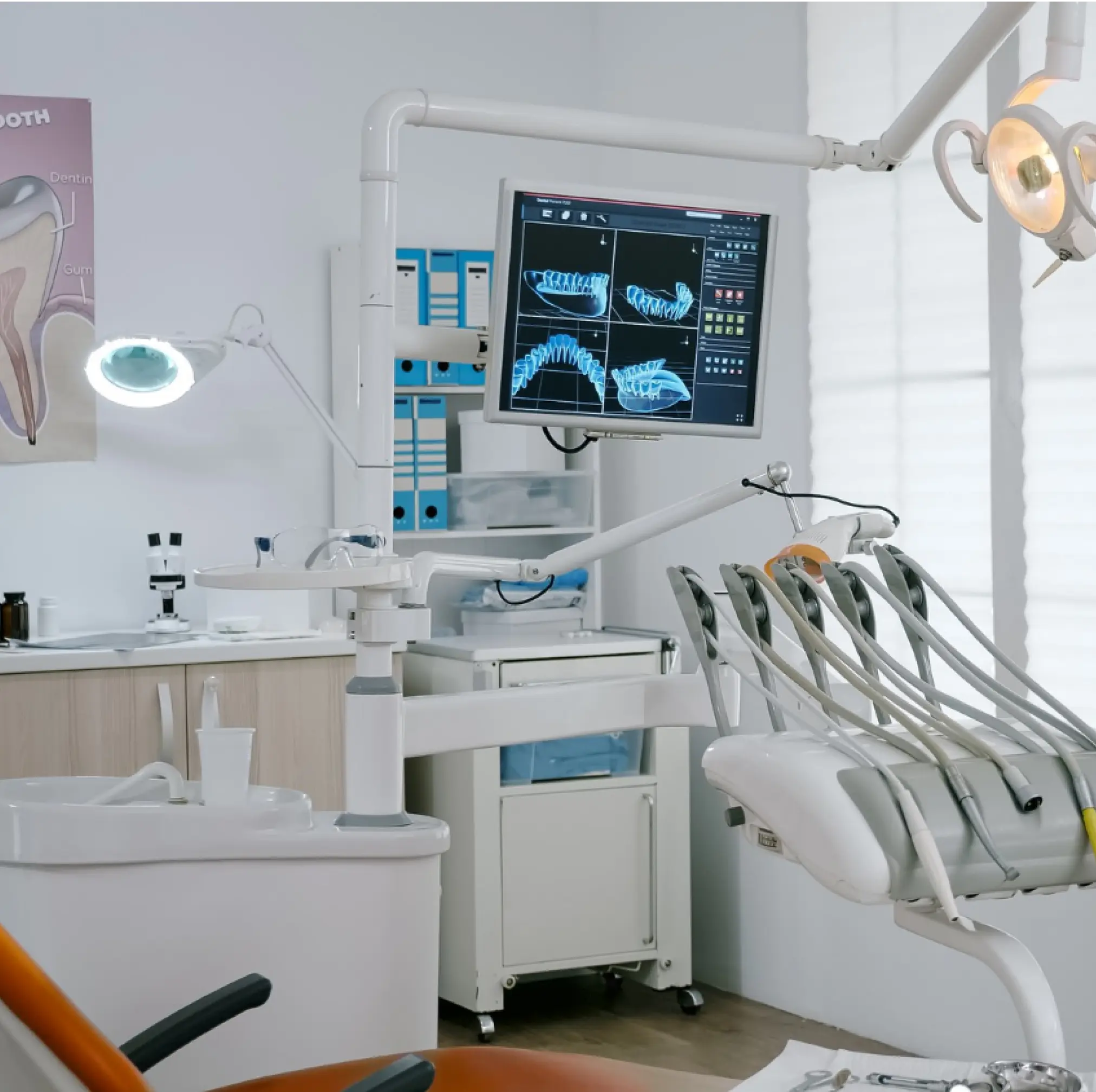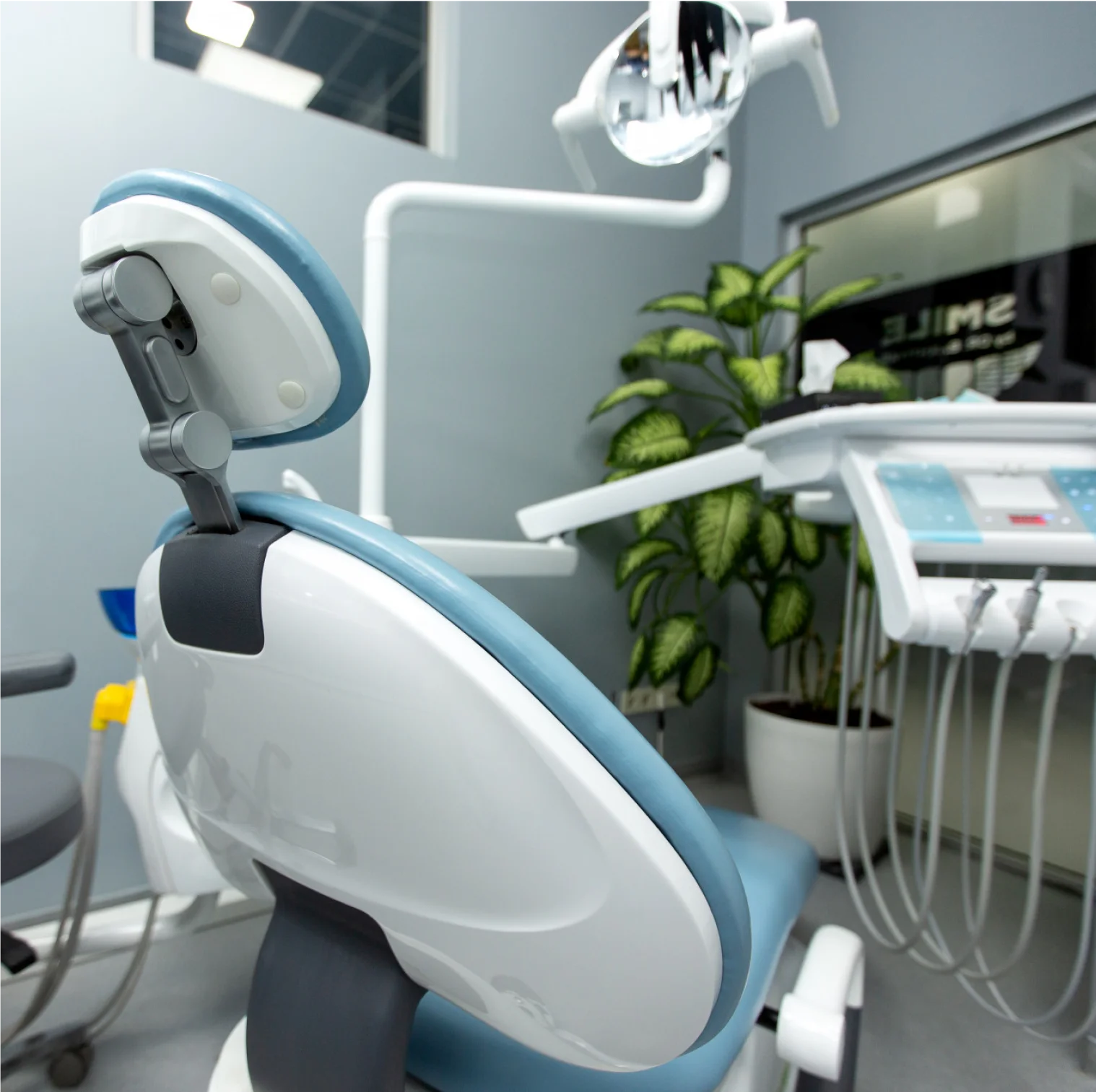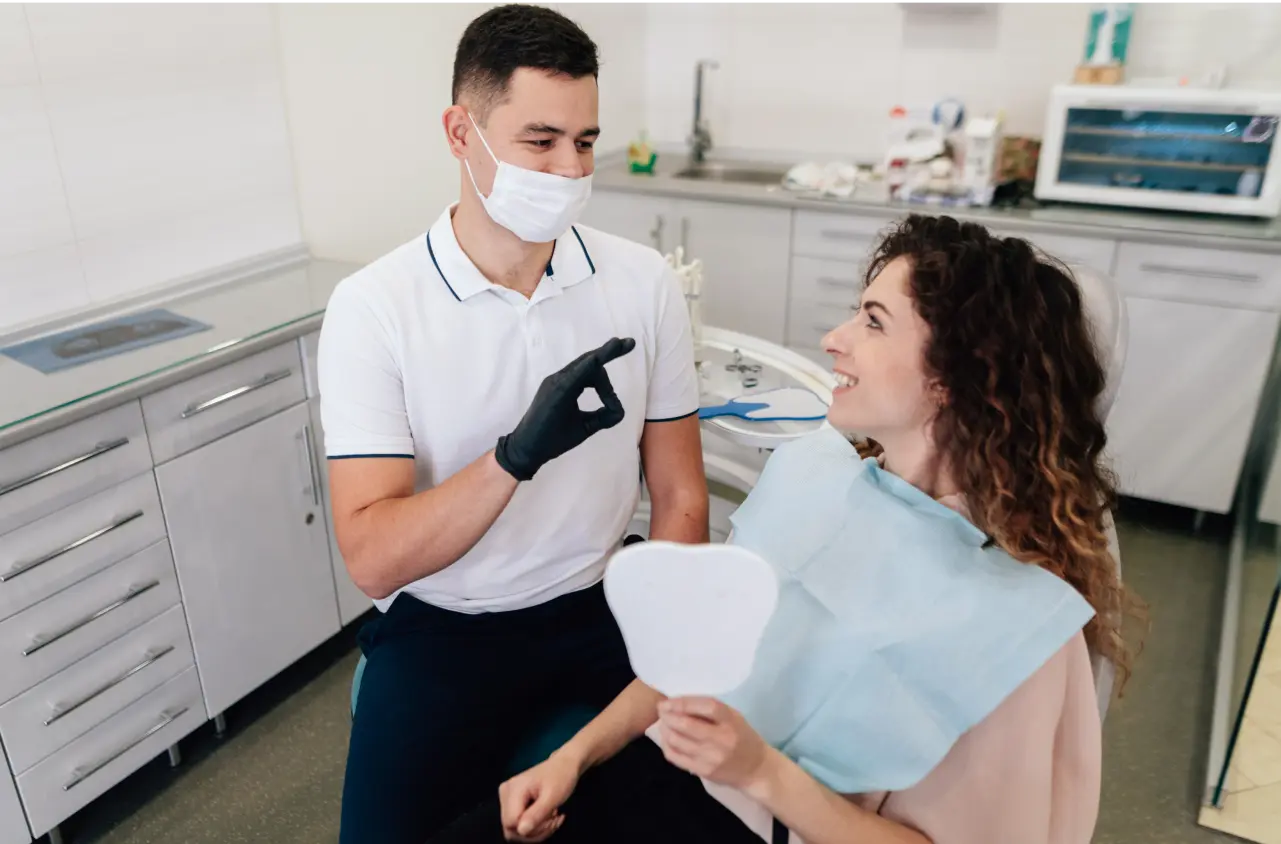Remove Problematic Wisdom Teeth in the Safest Possible Way
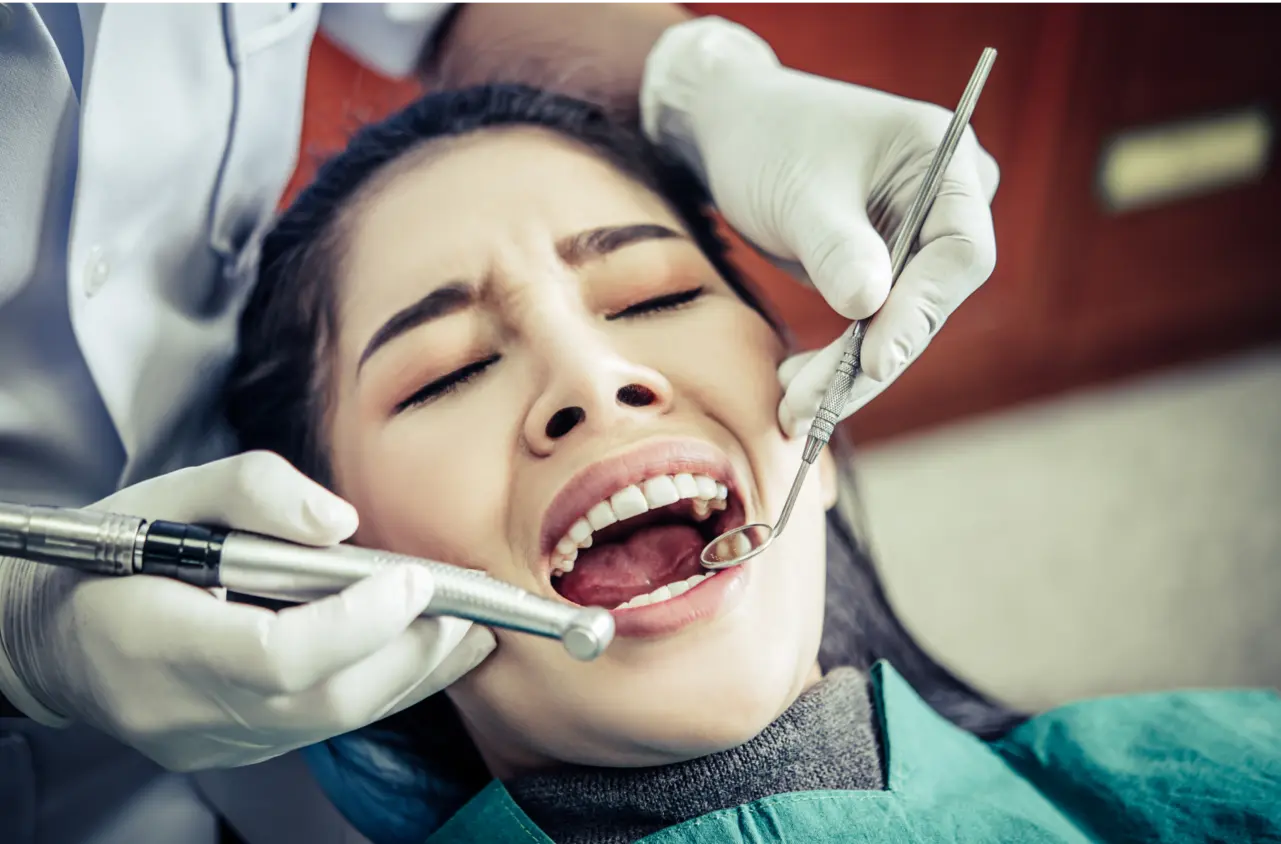
Whether you’re dealing with pain, swelling, or alignment issues, we’re here to help you get back to feeling your best.
Dr.Paul’s Wisdom Tooth Extraction Services
Our highly trained oral surgeons use advanced techniques to ensure precise and efficient extractions.
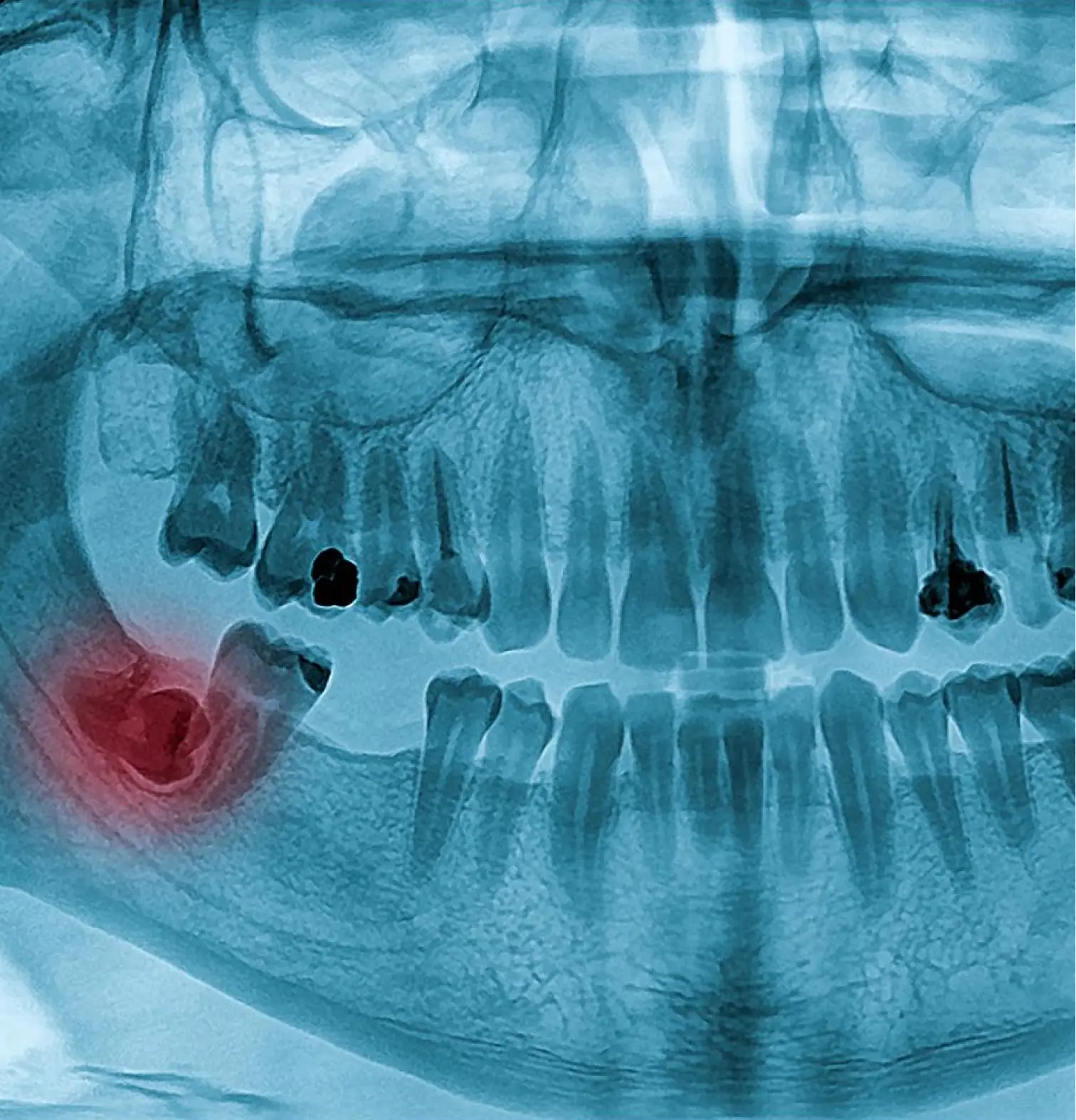
What is Wisdom Tooth Extraction?
Wisdom teeth are the last set of permanent teeth that erupt at the back of the mouth – two each on the upper and lower jaw. They are the third molars that fall as eight teeth when counted from the front central tooth. They usually appear between 17-25 years of age. Some people might never develop wisdom teeth or even if it develops it stays as submerged teeth. In case they erupt normally or stay totally submerged, extractions are not required unless specific conditions like orthodontic treatment, pathologies etc. For some people, wisdom teeth encounter space deficit during the eruption process leading to partly erupted or irregularly positioned teeth. This is particularly common when the size of the teeth and jaw are not matching. Genetics can play a role here. Also, the time lag when the growth of the jaw ceases and the time of eruption of wisdom teeth can contribute to this. Such a crooked tooth can create problems like dental caries which are difficult to diagnose and treat, food lodgment, painful gums, infections, bad breath, repeated infections etc. If you visit our dental experts they will also educate you about the dos and don’ts about tooth extraction.
Read More
From your initial consultation to post-operative care, we’re with you every step of the way.
Impacted Wisdom Teeth
Wisdom teeth are wide and are of great use if grown out completely and perfectly aligned. Sometimes due to lack of space, they erupt misaligned or get impacted and do not reach the occlusal table. The condition is commonly referred to as ‘Third molar impaction’ / ‘Wisdom tooth impaction’. Interestingly the third molars are the most commonly impacted teeth.
Types of wisdom tooth impaction
1. Based on the overlying tissue
- Soft tissue impaction- the crown of the tooth has erupted through the jawbone but is submerged under the gums.
- Partial bony impaction- tooth has not fully erupted and is partially covered by bone
- Complete Bony impaction- tooth is embedded in the jawbone.
Read More
Why Choose Us?
At Dr. Paul’s Dental Clinic, in Dubai, our wisdom teeth specialist dentists in Dubai use the latest technologies and cutting-edge systems to rectify your issues and remove impacted wisdom teeth without causing problems for your other teeth. Reach out to learn more about the procedure as well as the wisdom teeth removal cost in Dubai.
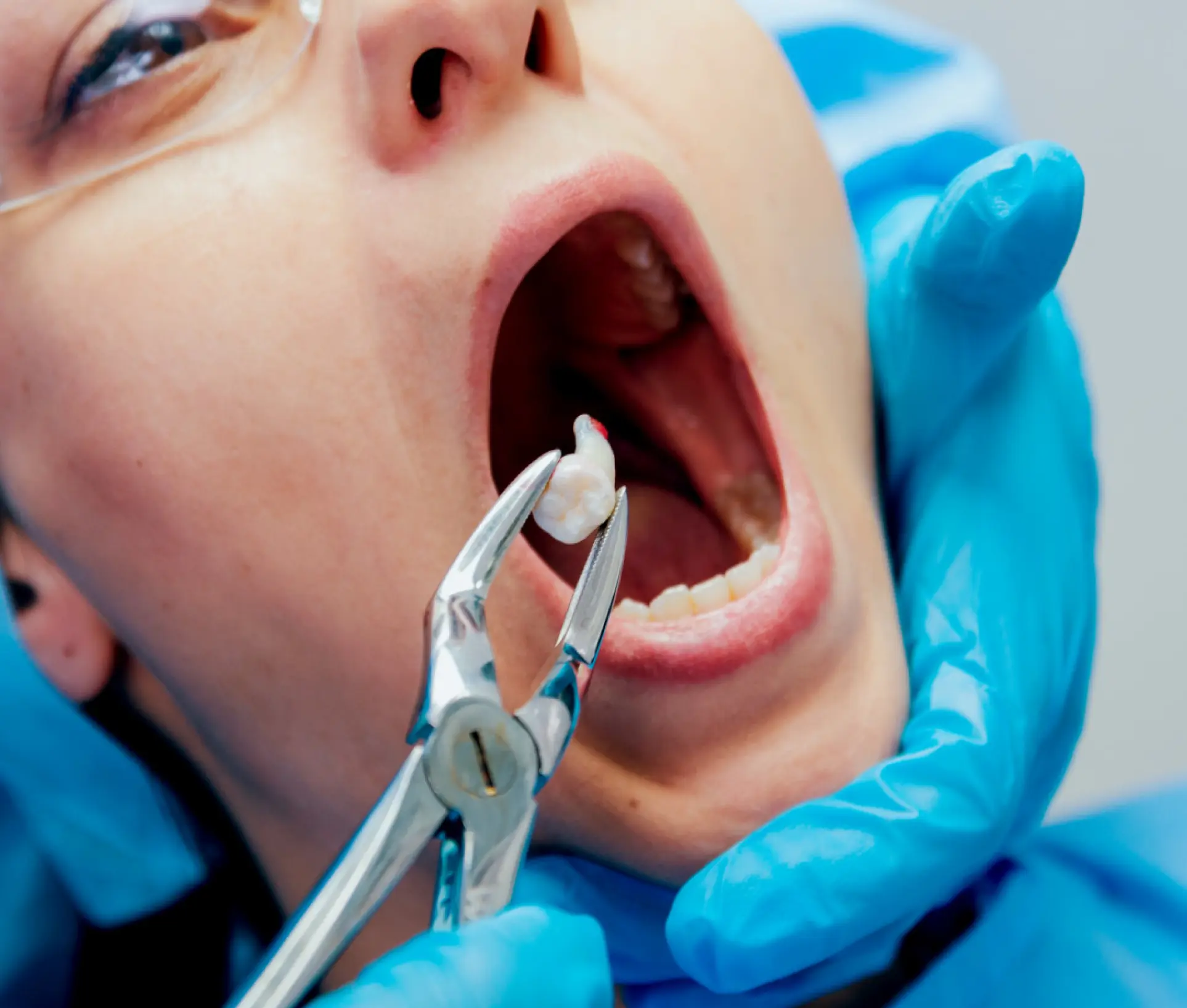

Book an Appointment
With Your Doctor NOW!
Your Trusted Partner for Comfortable Wisdom Tooth Extraction!
Other Services
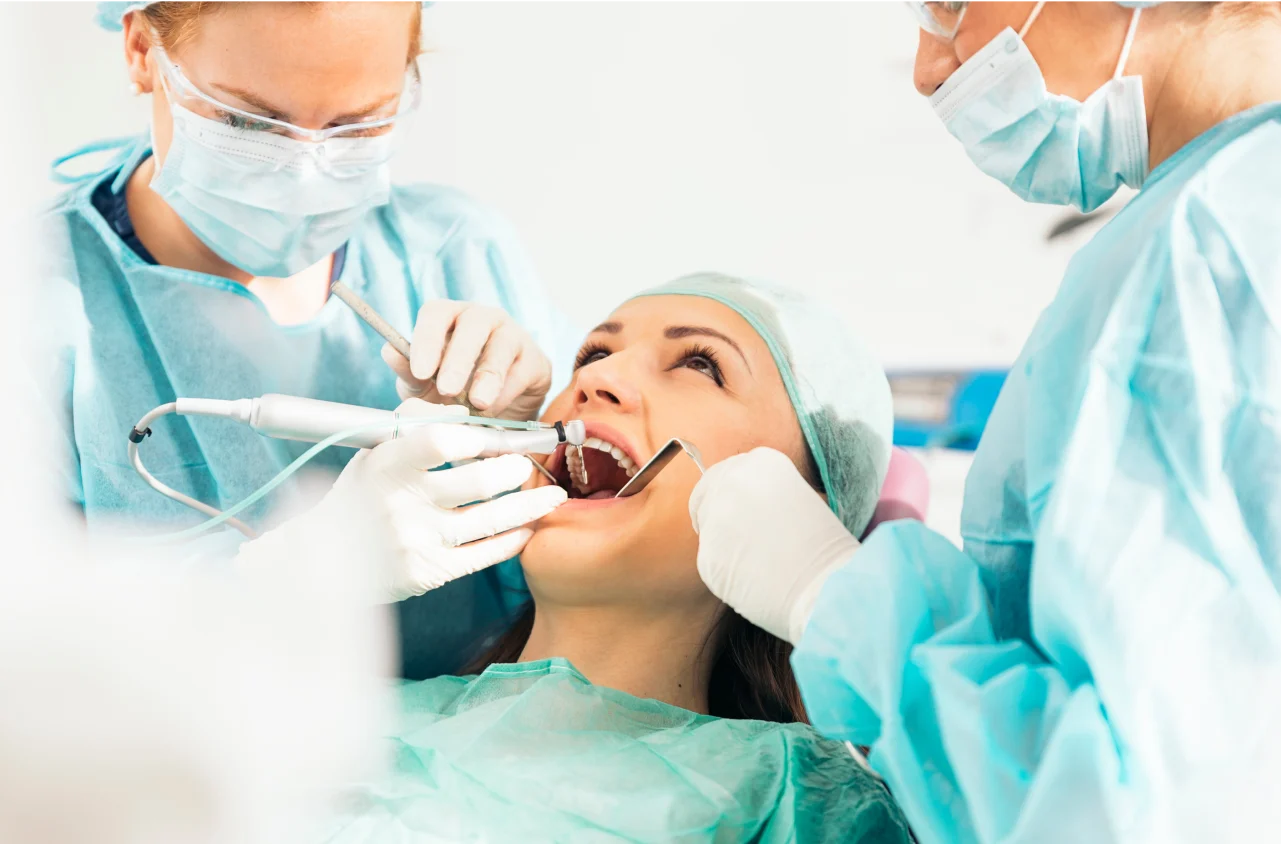
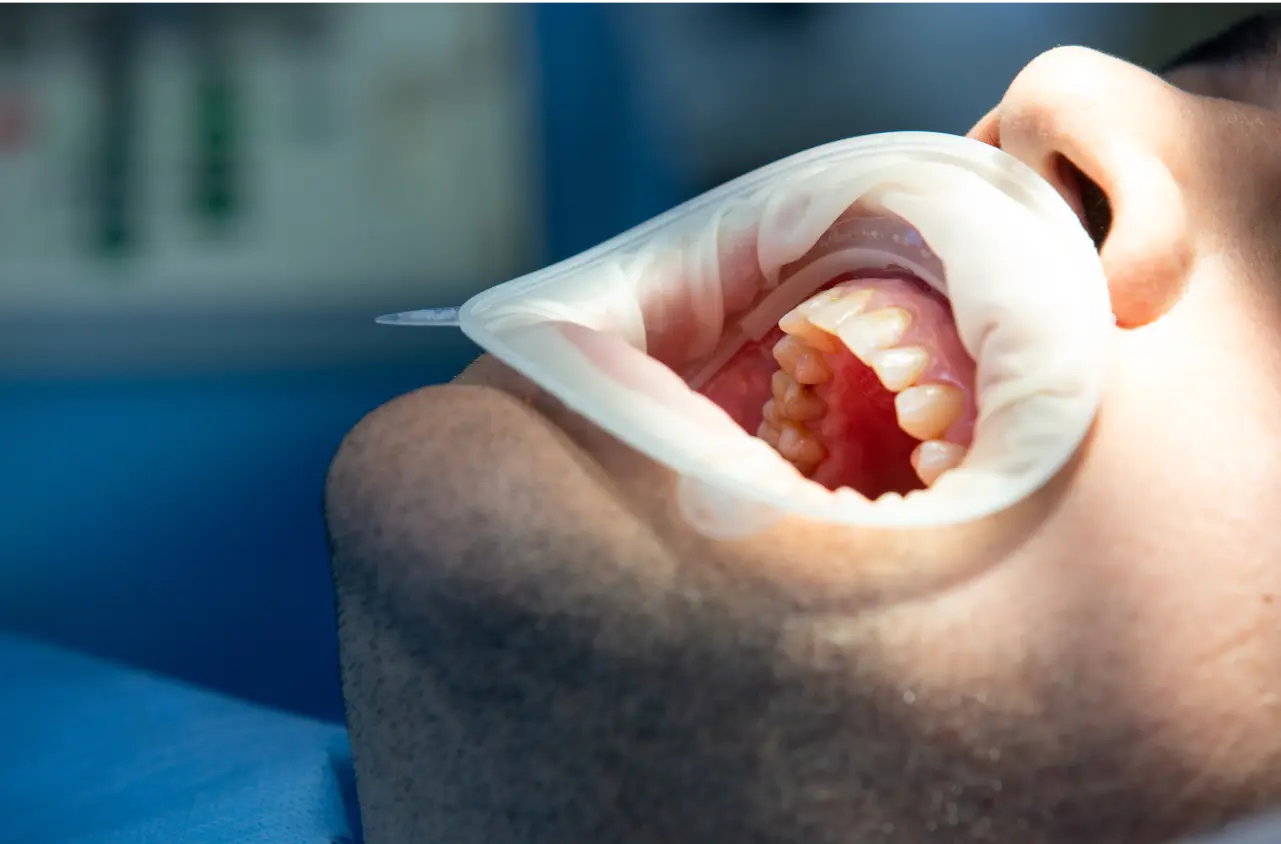
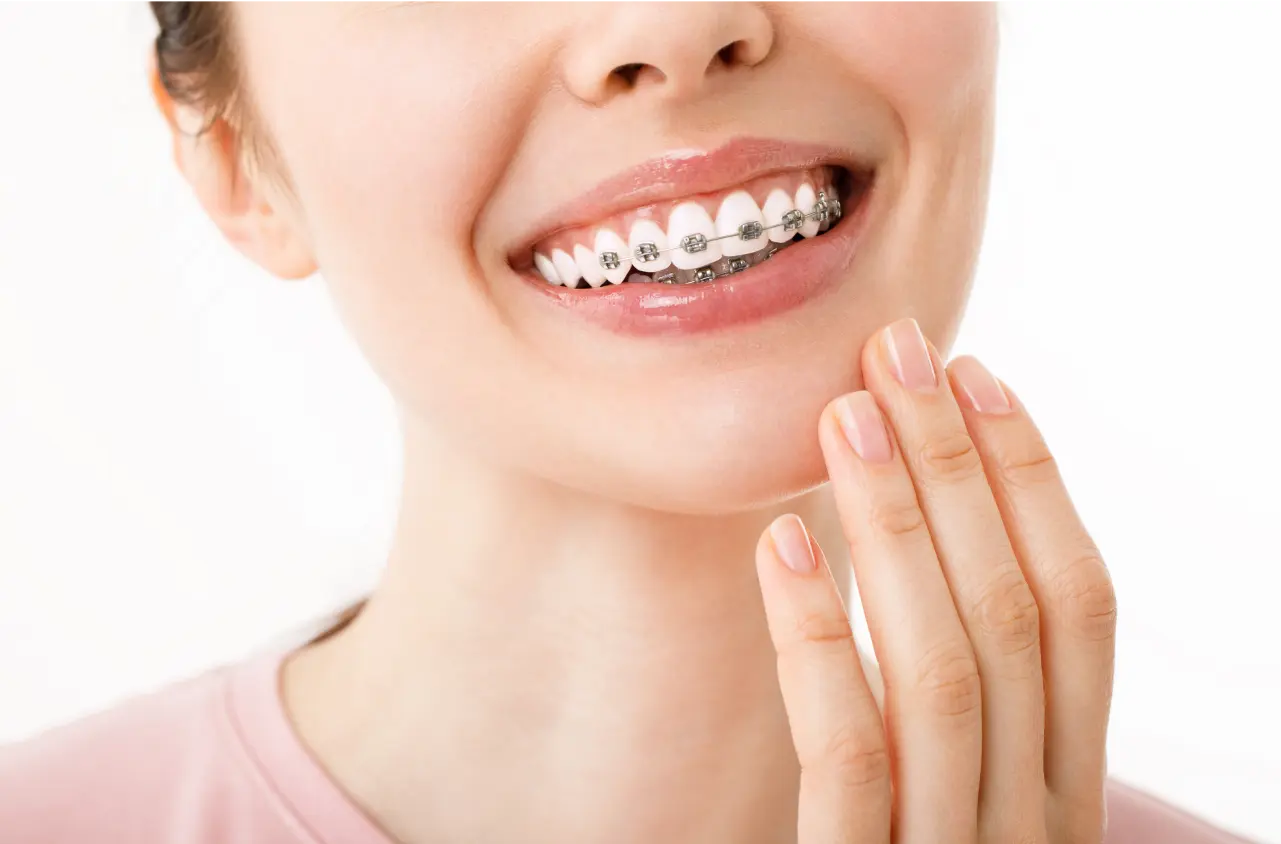
We Accept Insurances From









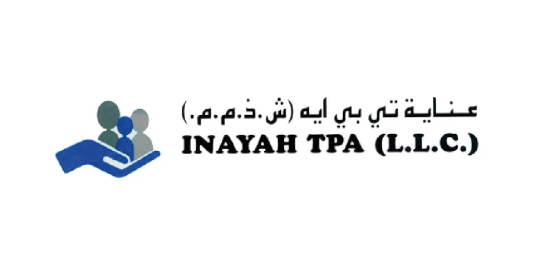

FAQs
Can I smoke after getting my wisdom teeth removed?
Do not smoke for 48 hours after your wisdom teeth have been extracted. Smoking causes the blood clot to break and hinders the healing process. When you smoke, the inhaling action can lead to the formation of dry sockets as well.
How soon can I travel after the extraction?
It is best to wait for at least a day or two following wisdom teeth removal before you travel. However, do keep in mind that the third or fourth day is the peak of discomfort, so plan your travel dates accordingly.
When can I start brushing my teeth?
Be particularly gentle during the first 24 hours. You should stay away from brushing your teeth or rinsing your mouth, using the mouthwash or even spitting. You can brush your teeth after the first 24 hours of your surgery.
What can I eat and drink after the wisdom tooth extraction surgery?
During the first 24 hours from your surgery, make sure that you drink lots of water but stay away from alcoholic, caffeinated, carbonated or hot beverages. Remember, you should not use the straw for the first week. Sucking on the straw can cause the blood clot to get dislodged from the socket. Soft food like yoghurt and smoothies are good for you. You can start eating semi-solid food when you feel up to it. Do not eat spicy, hot, hard or chewy food that can irritate the wound and get stuck in the socket.
What should I do after the procedure?
Do not exert yourself but be at rest for the day. You can resume your regular activities from the next day onwards. However, you should stay away from any activity that might cause you to overexert as it might cause the blood clot to get dislodged from the socket.
What medication can I take for pain management?
If your bone had to be removed for the surgery, then you should take the prescribed pain medication. You can also place an ice pack close to your jaw for pain relief.
Will there be bleeding after extraction?
Yes, there will be some oozing of blood on the first day after the removal. Do not spit unless absolutely necessary as you should not dislodge the blood clot from the socket. As directed, you will need to change gauze over the extraction site and this will be explained to you in detail.
What can I do for the swelling and bruising?
You can hold a cold pack close to your jaw to relieve the pain and swelling. The swelling usually subsides within two to three days but the bruising might take some time to heal.
When can I get back to working out after the wisdom removal?
Wait for three-four days after your wisdom teeth removal to exercise and do any type of intense workout. If you exercise or exert too early, it can aggravate the blood clot and affect your recovery time.
How long does the recovery period take after the extraction?
We usually estimate 7-10 days for recovery. However, it depends on the patient as some people have shorter or longer recovery times.
What are impacted wisdom teeth?
When there is not enough room after the second molar for the other tooth to emerge or develop normally, the wisdom tooth is impacted.
Will it be painful to remove my wisdom teeth?
No, the area will be numbed and therefore you shouldn’t feel any pain during the removal. However, If you sense any pain, you can inform your dentist or oral surgeon and they will adjust the anaesthesia accordingly.
Is it necessary to break the jaw to extract my wisdom tooth?
No, that’s just a common misconception. Even though it can be difficult to remove wisdom teeth, we do not need to “break the jaw”.
Can I delay my wisdom tooth removal process?
Wisdom tooth removal requires immediate action. If you wait for long, there can be infection, orthodontic problems, or even an abscess.
Is it okay to remove them by myself at home?
No, you should never attempt the removal of wisdom teeth by yourself. It should always be performed by a dentist or oral surgeon. As a part of the removal process, an X-ray of your mouth is first taken to help us understand if there is a need for an oral surgeon for your procedure.
Can I get my child’s wisdom tooth removed?
Wisdom teeth erupt only during adolescent or adult age. The average age of a wisdom tooth to erupt is 17-20 years and it can take a few months to a couple of years for the newly erupted wisdom tooth to start giving pain and discomfort.
Can I get all four of my wisdom teeth removed at once?
Yes, we usually remove all four teeth at one go. This procedure can last an hour or less. For this to be done, ideally general anaesthesia is preferred.
My wisdom teeth do not hurt. Should they be removed?
No, you do not have to get them removed if you don’t have any pain or infection and your wisdom teeth are healthy. We recommend that you have them removed if they cause pain, infection, crowding, or become impacted.
Does everyone have wisdom teeth?
No, not everyone gets wisdom teeth. Some of us can get all four of our wisdom teeth, while some others may just develop three, two or even just one wisdom tooth.
Book an Appointment With Your Doctor NOW!
Ready for a brighter smile? Schedule your appointment with Dr. Paul’s Dental Clinic today and experience exceptional dental care.
